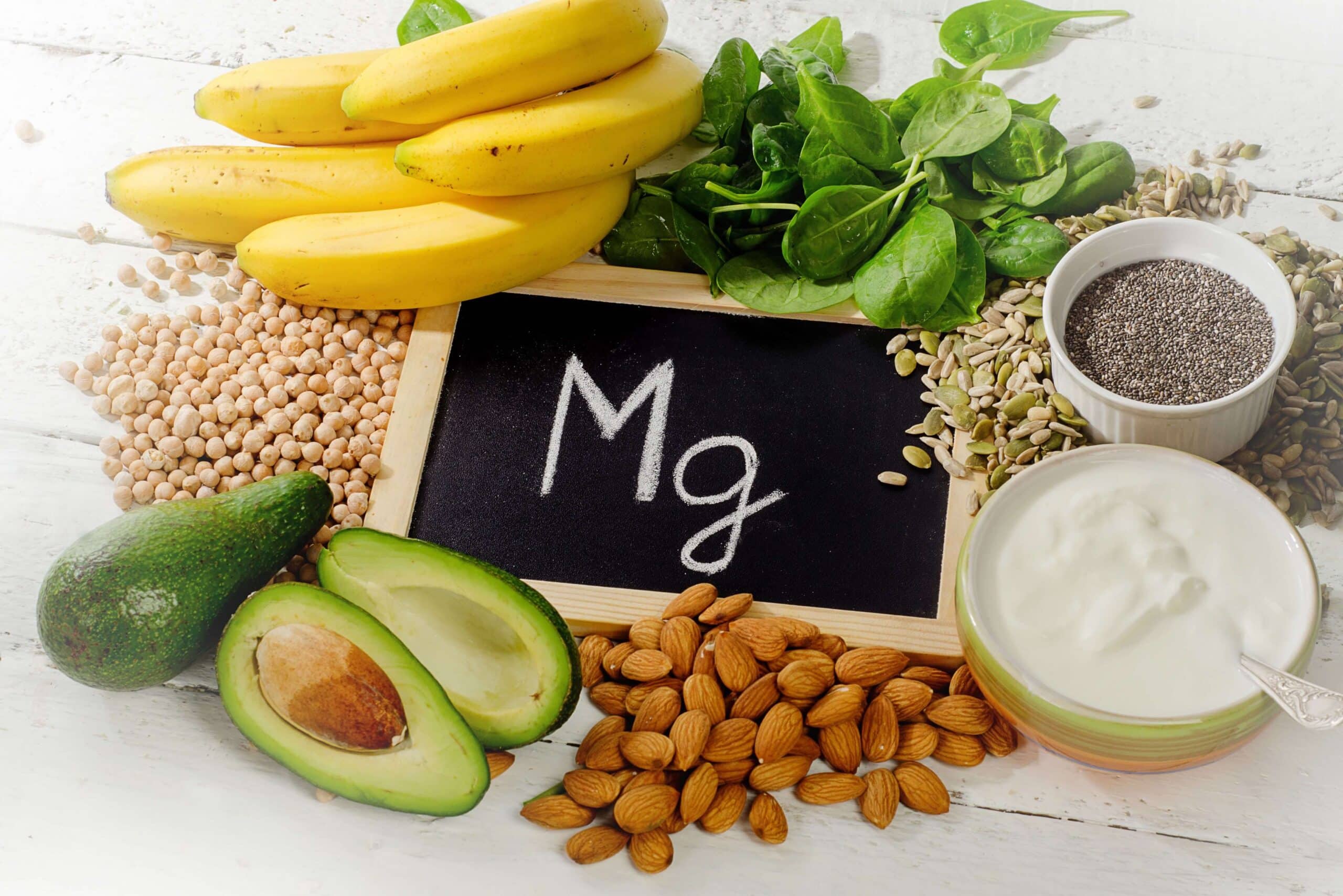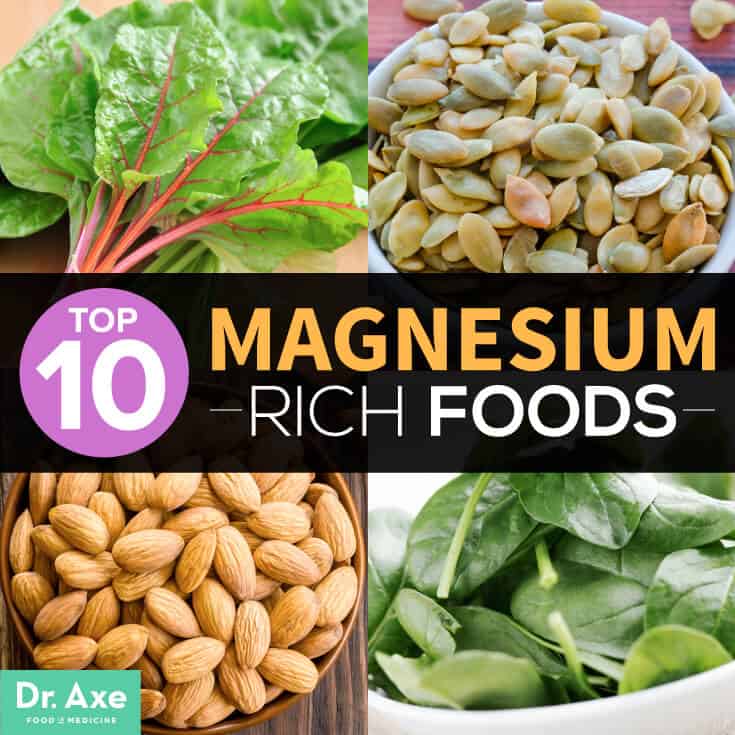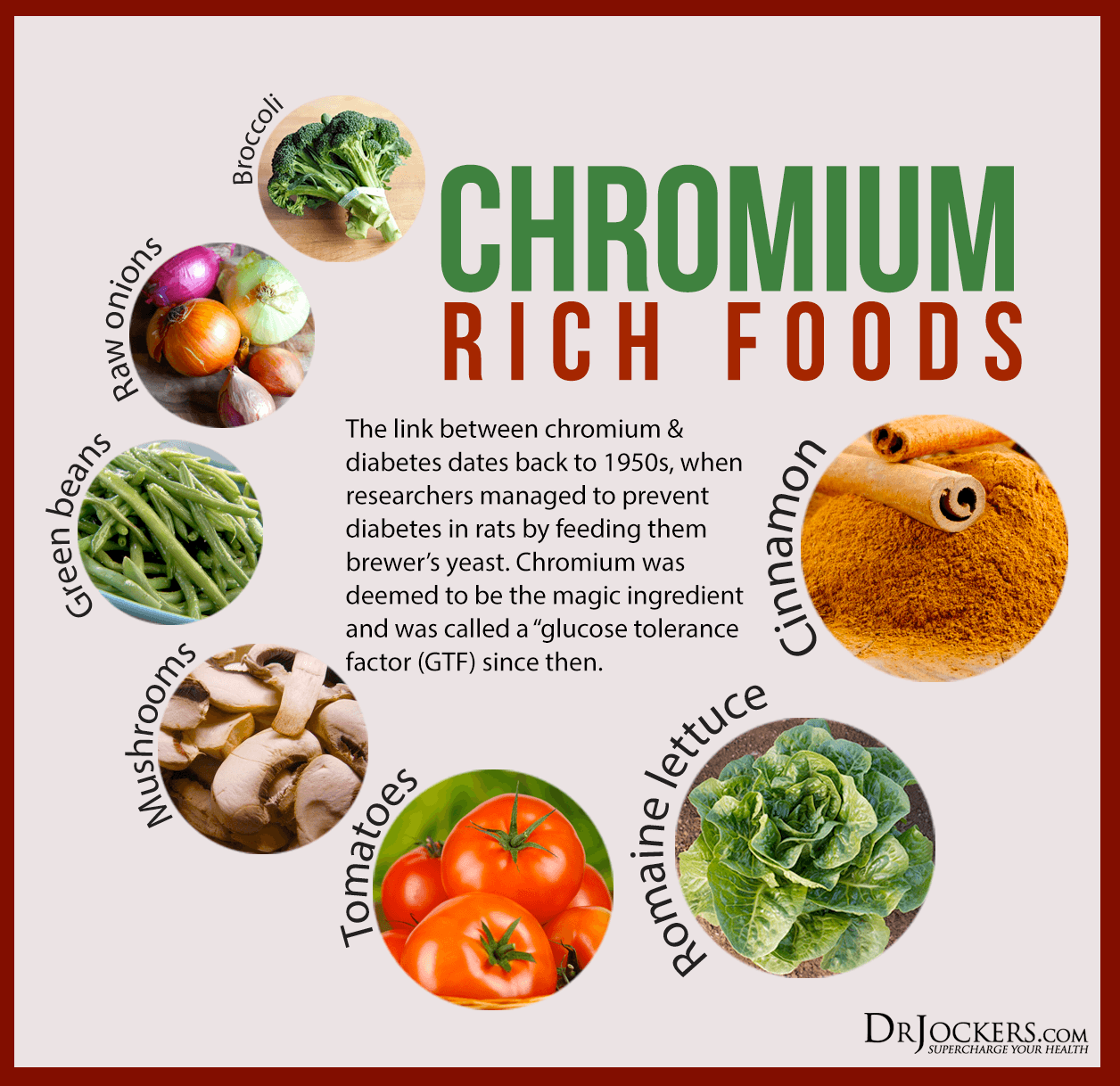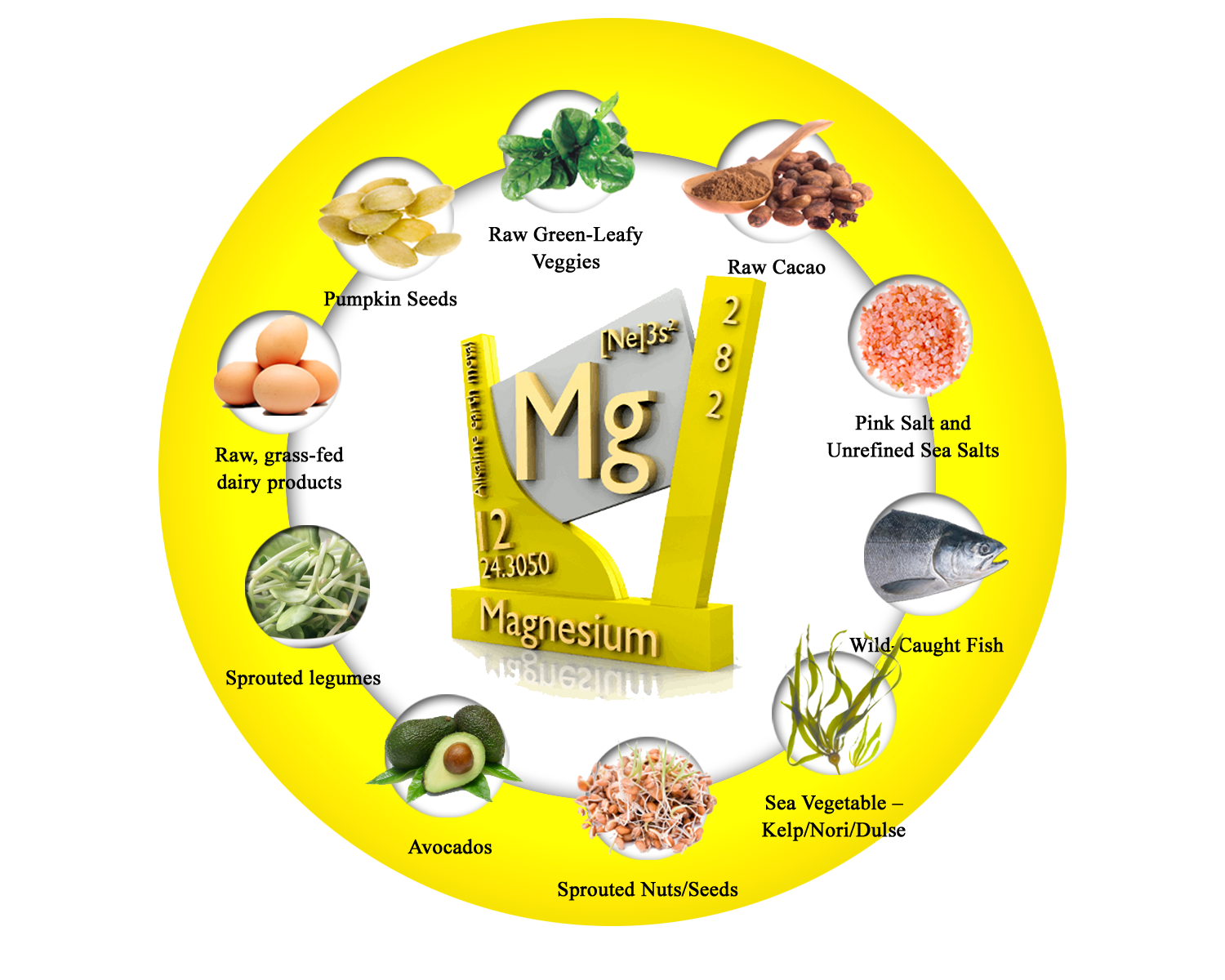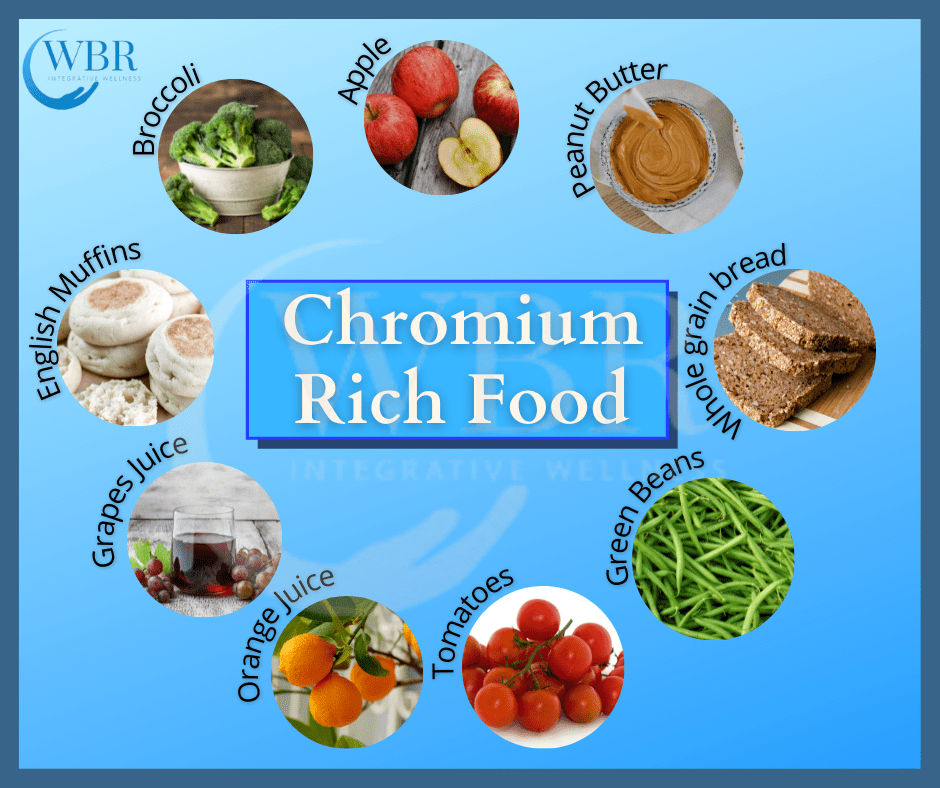Foods That Are Rich In Chromium And Magnesium.
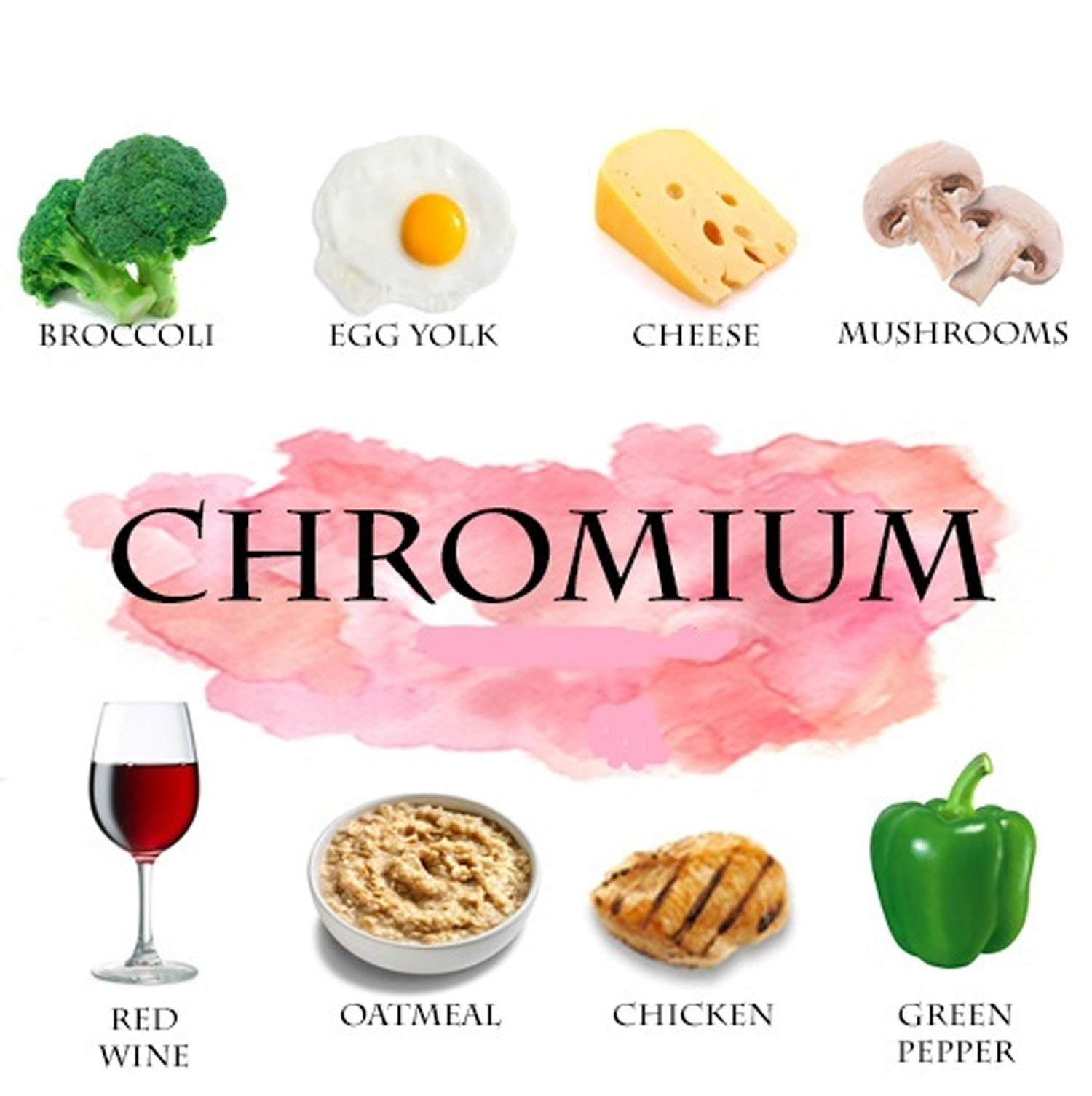
In a world increasingly focused on optimizing health through diet, many are turning to specific nutrients to address various health concerns. Two essential minerals often overlooked are chromium and magnesium. A deficiency in either can have significant impacts on everything from blood sugar regulation to nerve function.
This article delves into the vital roles chromium and magnesium play in human health and, more importantly, highlights the foods rich in these minerals that can be easily incorporated into a balanced diet. We'll explore the science-backed benefits of these nutrients, identify top food sources backed by reputable nutritional data, and provide practical tips for increasing their intake to promote overall well-being. Understanding the nutritional power of these minerals can empower individuals to proactively manage their health through informed dietary choices.
The Significance of Chromium
Chromium is a trace mineral vital for glucose metabolism and insulin sensitivity. It enhances the action of insulin, a hormone critical for regulating blood sugar levels. The National Institutes of Health (NIH) emphasize chromium's role in helping insulin transport glucose from the bloodstream into cells for energy.
Studies suggest that adequate chromium intake can help improve blood sugar control in people with type 2 diabetes. It also may play a role in managing cholesterol levels and reducing the risk of cardiovascular disease.
Top Chromium-Rich Foods
Several foods are excellent sources of chromium. Broccoli stands out as a particularly good choice, offering a substantial amount of this mineral per serving.
Brewer's yeast, while not a staple in many diets, is also exceptionally rich in chromium. Other notable sources include whole grains, such as brown rice and whole wheat bread, which provide a more consistent and accessible way to boost intake.
Meat, especially beef and poultry, contains chromium as well. Fruits like apples and bananas, and vegetables such as green beans, offer smaller but still valuable amounts of this crucial nutrient.
The Multifaceted Benefits of Magnesium
Magnesium is an essential mineral involved in hundreds of biochemical reactions in the body. It plays a crucial role in energy production, muscle and nerve function, blood sugar control, and blood pressure regulation. The Mayo Clinic highlights magnesium’s importance for maintaining bone health and supporting a healthy immune system.
Magnesium deficiency can manifest in various symptoms, including muscle cramps, fatigue, and even heart arrhythmias. Adequate intake is vital for preventing these issues and supporting overall health.
Excellent Food Sources of Magnesium
Leafy green vegetables are nutritional powerhouses, and magnesium is one of their many valuable contributions. Spinach, kale, and collard greens are particularly rich in this mineral.
Nuts and seeds are also excellent sources of magnesium, making them a convenient and healthy snack option. Almonds, cashews, pumpkin seeds, and flaxseeds are all good choices.
Legumes, such as black beans and lentils, are not only high in protein and fiber but also packed with magnesium. Whole grains, like brown rice and quinoa, provide another good source of this essential mineral.
Avocados are a creamy and delicious way to boost magnesium intake. Dark chocolate, in moderation, offers a sweet treat with the added benefit of this important nutrient.
Incorporating Chromium and Magnesium into Your Diet
Increasing your intake of chromium and magnesium doesn't require drastic dietary changes. Simple swaps and additions can make a significant difference.
Start by incorporating more leafy green vegetables into your meals. Add spinach to your smoothies or salads, or enjoy a side of steamed kale with dinner.
Snack on nuts and seeds throughout the day to boost your magnesium levels. Choose whole grains over refined grains for your bread, pasta, and rice. Consider using quinoa as a primary source of grain and side dishes.
Include legumes in your meals several times a week. Enjoy a black bean soup, lentil stew, or add chickpeas to your salads. Small changes like these can significantly boost your intake of these essential minerals.
Potential Interactions and Considerations
While increasing intake of chromium and magnesium is generally safe, it's important to be aware of potential interactions. Certain medications, such as antacids and some antibiotics, can interfere with magnesium absorption.
Individuals with kidney disease should consult their doctor before taking magnesium supplements, as their kidneys may not be able to efficiently process excess magnesium. High doses of chromium supplements can also interact with certain medications, so it's best to obtain these minerals primarily through food.
"It's always best to consult with a healthcare professional or registered dietitian before making significant changes to your diet, especially if you have any underlying health conditions or are taking medications," says Dr. Emily Carter, a registered dietitian.
The Future of Mineral Research
Research into the roles of chromium and magnesium continues to evolve. Scientists are exploring the potential benefits of these minerals in managing various health conditions, from diabetes to cardiovascular disease.
Ongoing studies are also investigating the optimal intake levels of these minerals for different populations. As our understanding of these nutrients deepens, we can expect more personalized dietary recommendations to emerge.
Ultimately, prioritizing a balanced diet rich in whole, unprocessed foods is the best way to ensure adequate intake of chromium, magnesium, and other essential nutrients. By making informed food choices, individuals can proactively support their health and well-being.

